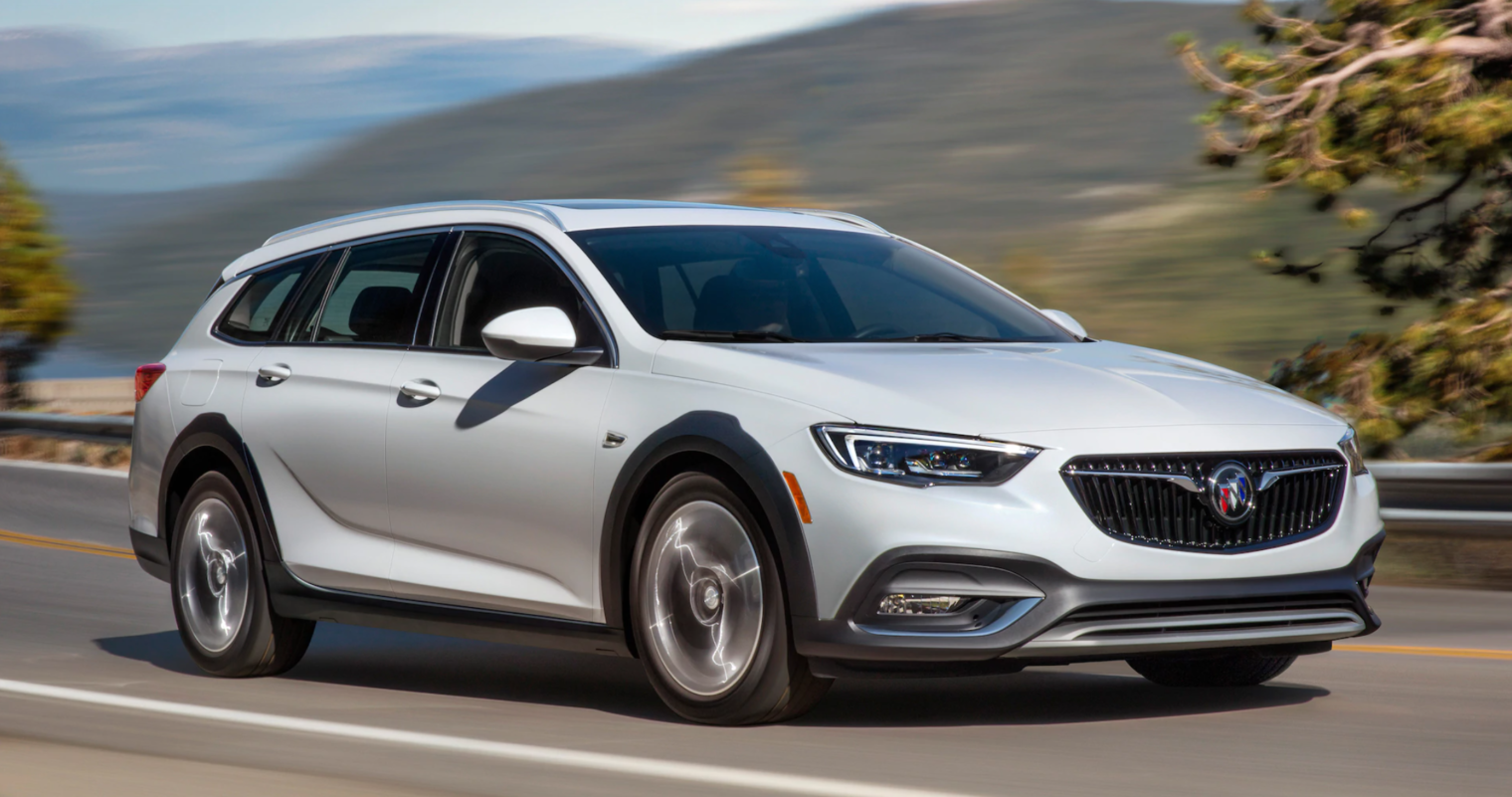Working with third-year medical students involves much struggling with SQL, R, and data, but also chatting about the topics of the day. This year it is coronavirus, of course. Of the nine M3s that I work with most commonly, at least one believes that he has already had COVID-19 and recovered. Absent significant testing capability for infection or antibodies, however, these bright young people are as much in the dark as anyone else.
Leaving aside the true alarmists, estimates of likely U.S. deaths from COVID-19 seem to range from 50,000 to 500,000 in a “life goes on” scenario. The prospect of this many deaths has motivated us to shut down society and mobilize for what people say is a “war” (let’s hope it isn’t like any of the wars that the U.S. has fought and lost since 1960, e.g., Vietnam War, War on Cancer, War on Poverty, Iraq War, Afghanistan War, etc.).
This is as it should be, right? Let’s take a mid-range estimate. The prospect of 275,000 people dying is terrible and should motivate us to bold action. Yet roughly 36,500 Americans die every year in motor vehicle-related accidents (NHTSA data from 2018, the latest available).
This led to a discussion regarding human psychology. We are pretty confident that there will be more than 275,000 car-related deaths over the next 8 years in the U.S. Maybe this should motivate us to bold action, but it actually does motivate us to do almost nothing.
In the 24th year of the smartphone, we don’t bother with a car-to-smartphone communication system, for example, that would reduce pedestrian fatalities (since the car would know where all of the pedestrians were; I wrote about this in 2016; ordinary Bluetooth range seems to be roughly 100 meters outdoors). Considering the nation as a whole, we don’t invest much in separated (e.g., with a curb) bike lanes like they do in Denmark and Holland. We don’t cut the speed limit on the Interstate back to 55 or lower. We don’t say that cars have to have electronic governors so that it simply is impossible to speed (“I’m sorry, Dave, I feel you pressing the accelerator, but I can’t go faster than 35 mph on this stretch of road”). We don’t re-engineer the road network to eliminate traffic lights in favor of (a) traffic circles, and (b) overpasses. We don’t put in a car-to-traffic light communication system so that the car knows when the light is red and will hit the brakes before we inadvertently drive through an intersection (imagine a traffic light that broadcasts in Bluetooth “I am the light at Massachusetts Avenue and Vassar St. and am currently green for Vassar St.”). We don’t ask America’s nerds to stop working on clever Internet ad technology and try to come up with innovative ideas for reducing the carnage on our roads. We’re willing to invest $trillions to reduce the death toll from coronaplague, but hardly a dime to build centerline dividers on more of our two-lane roads so as to eliminate head-on collisions.
As with most discussions about psychology, we came to no conclusion!
Readers: What is the answer? Why do we accept that hundreds of thousands of Americans will die in the next 10-20 years because of our failure to invest in engineering and infrastructure today, but we can’t accept that up to hundreds of thousands of Americans will die in the next year because we didn’t do a sufficiently thorough shutdown?
Related:
- Sweden’s Vision Zero, kicked off in 1997, which worked to reduce fatalities until it stopped working in 2013.
Full post, including comments 




